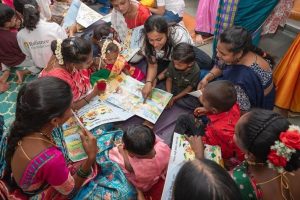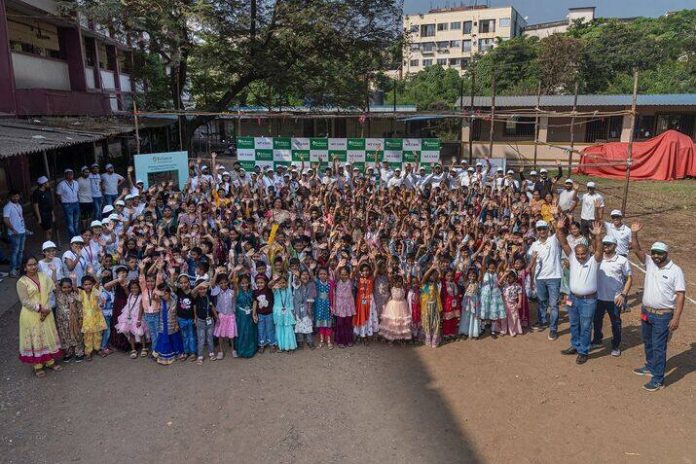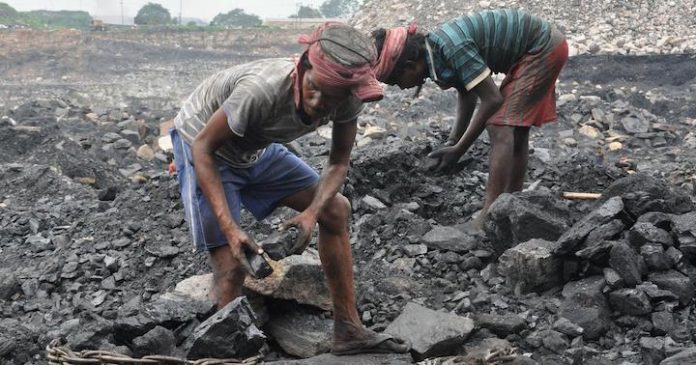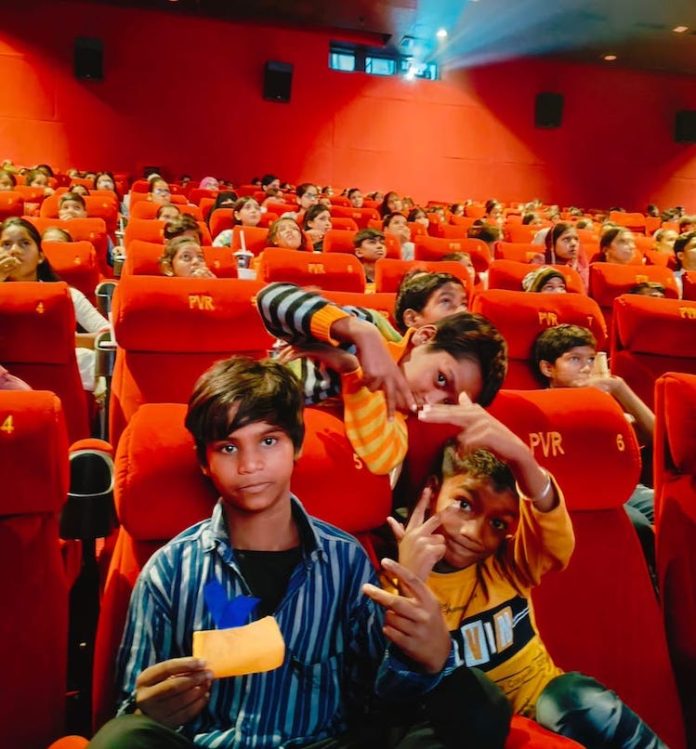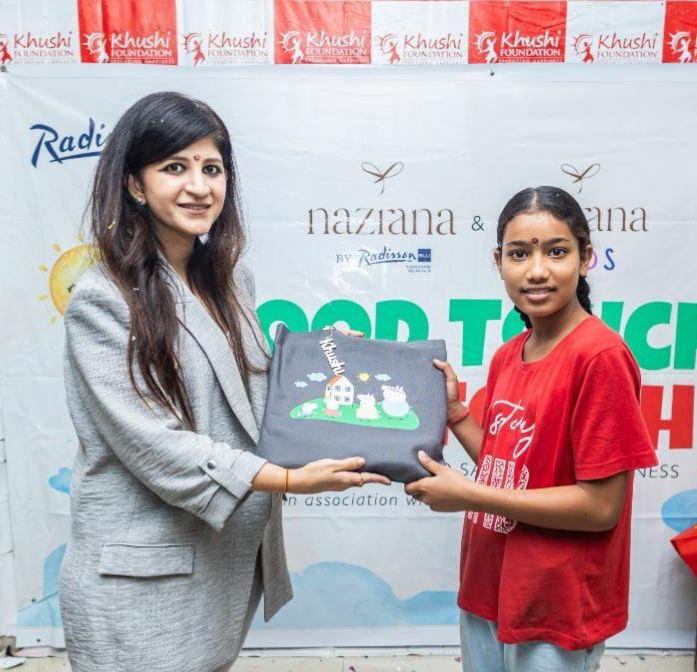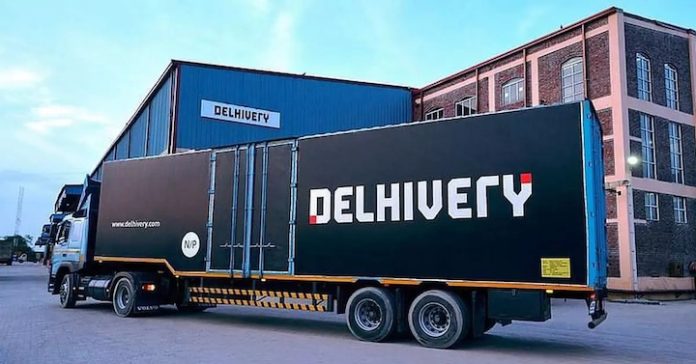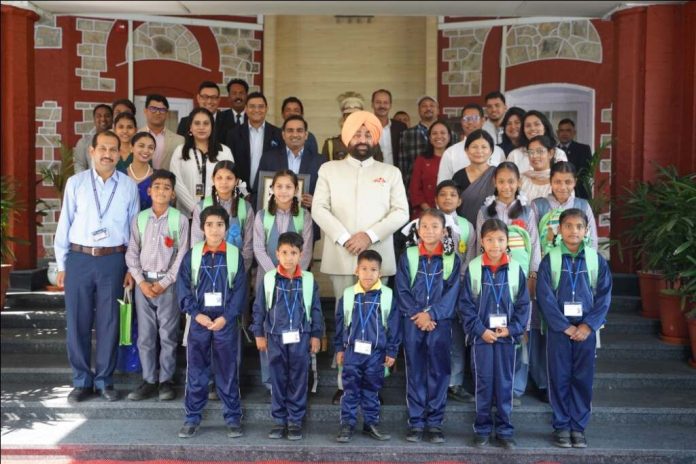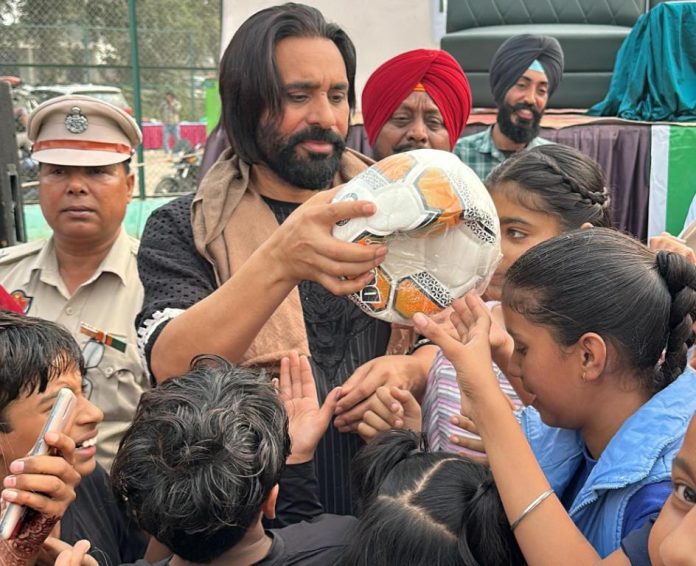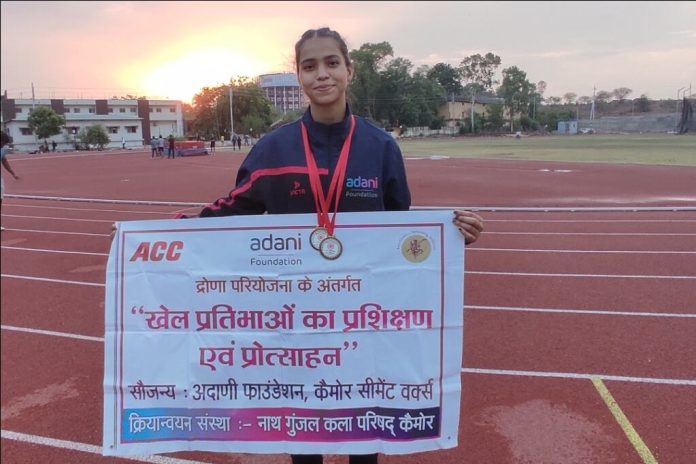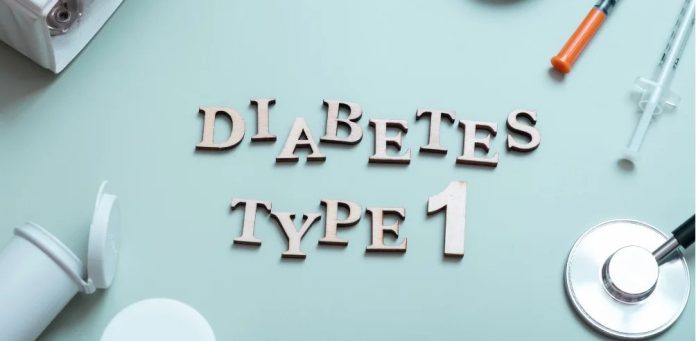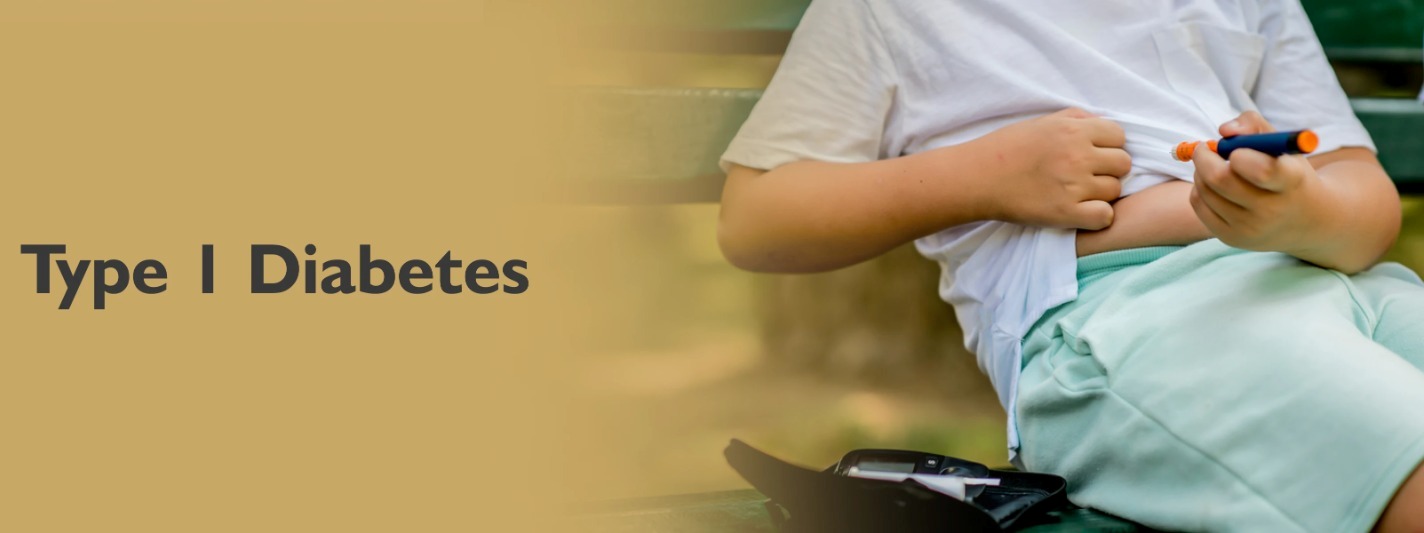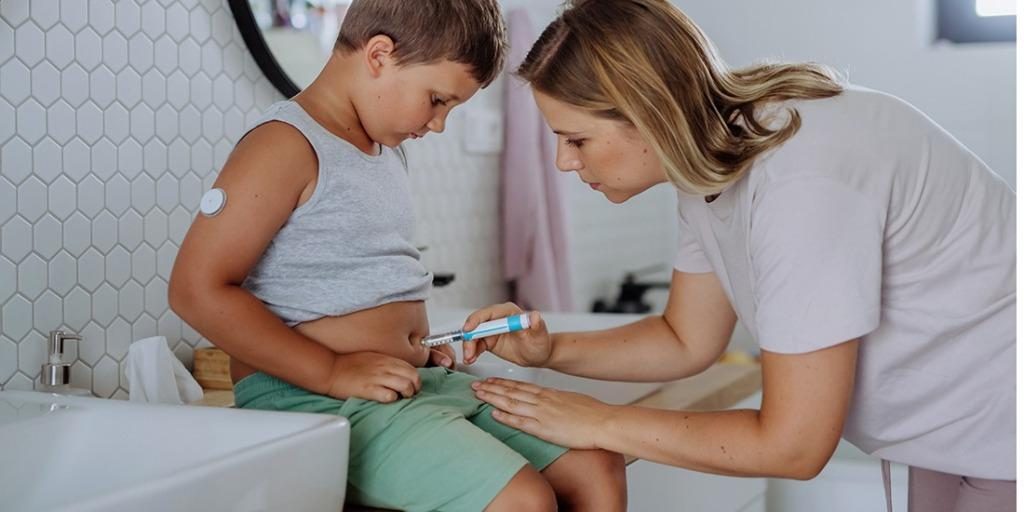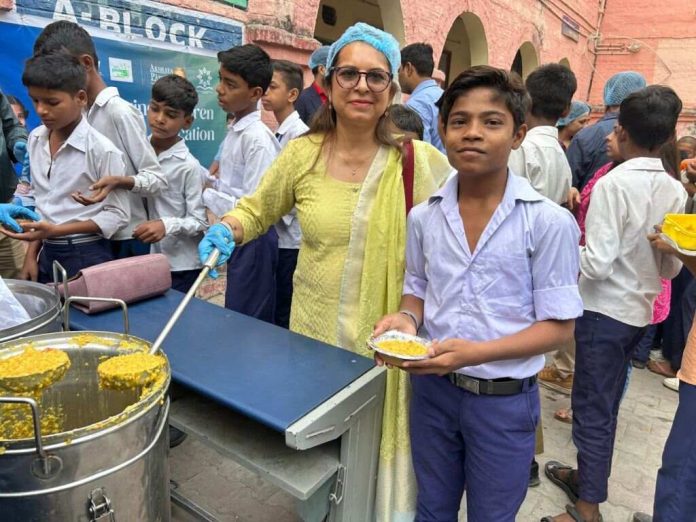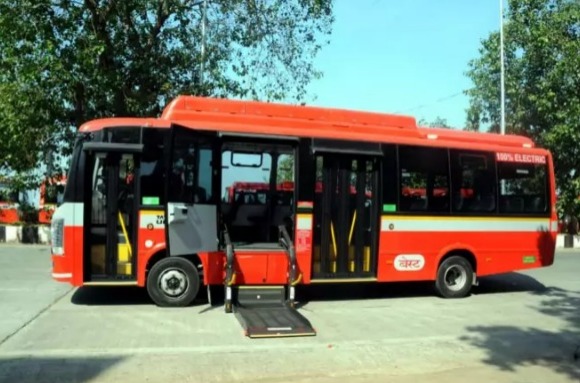Reliance Foundation’s Kahani Kala Khushi is back! This year’s initiative kicked off on Children’s Day to inspire children across schools and Anganwadi centres through storytelling and other activities across India over the next few weeks. As part of this initiative, employee volunteers from across Reliance businesses, representatives of organisations partnering with Reliance Foundation in this initiative and communities will engage with children from disadvantaged backgrounds.
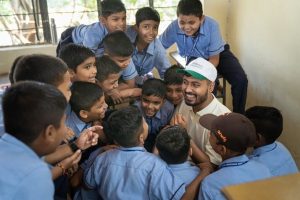
During the week, the initiative will reach about 22,000 children. Marking Children’s Day on Thursday, the initiative began at a government school in Mumbai, where over 400 Reliance employees volunteered engaged 3,800 children through storytelling, art, outdoor and indoor games. Over the next few days, hundreds of such volunteers will engage with children across the country. In Maharashtra and Telangana, the initiative began in 63 Anganwadis for preschool aged children on Thursday and is set to reach 18,000 children in more than 1,100 Anganwadis during November 14 – 16.
